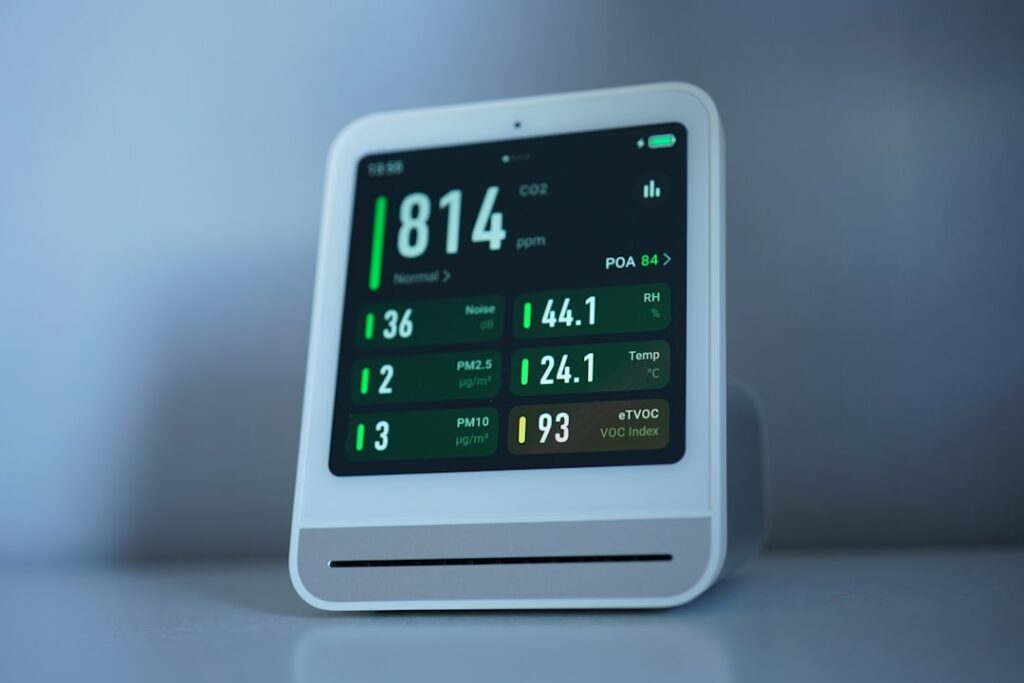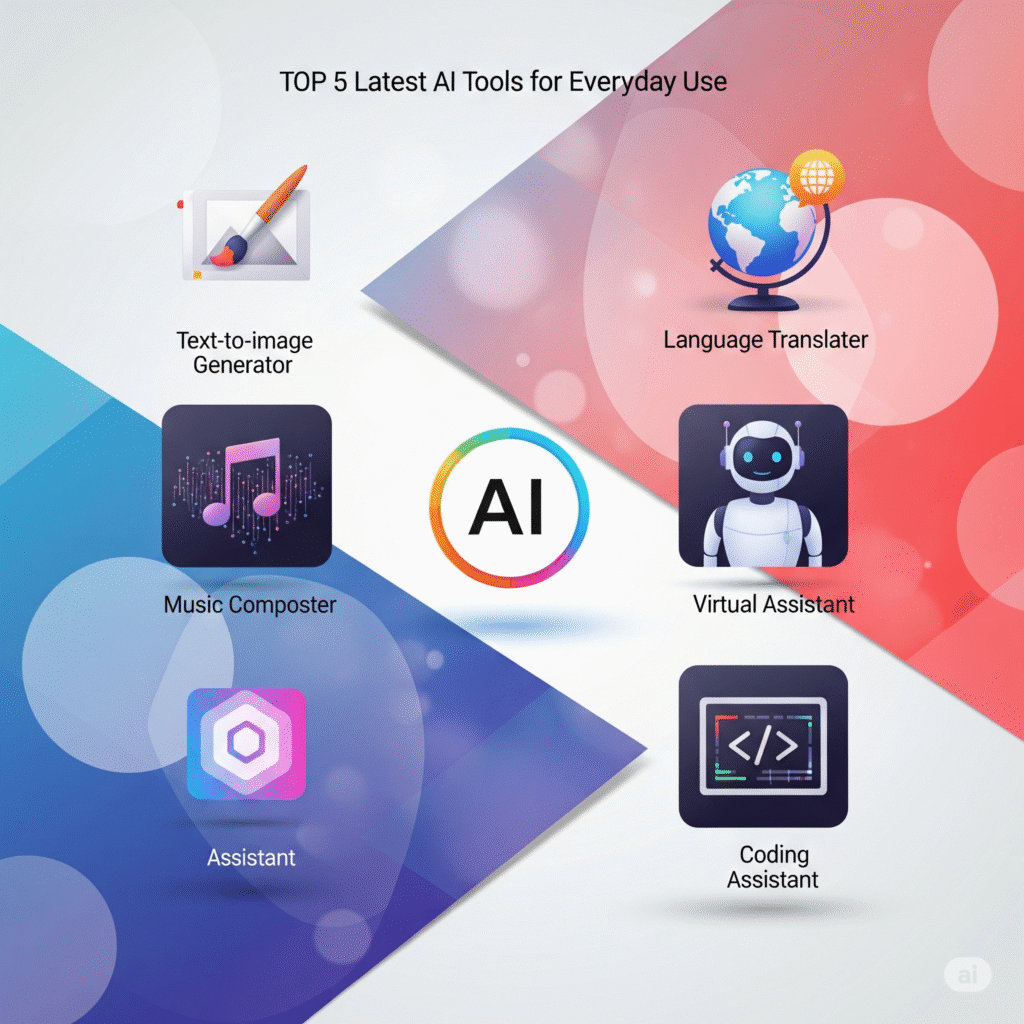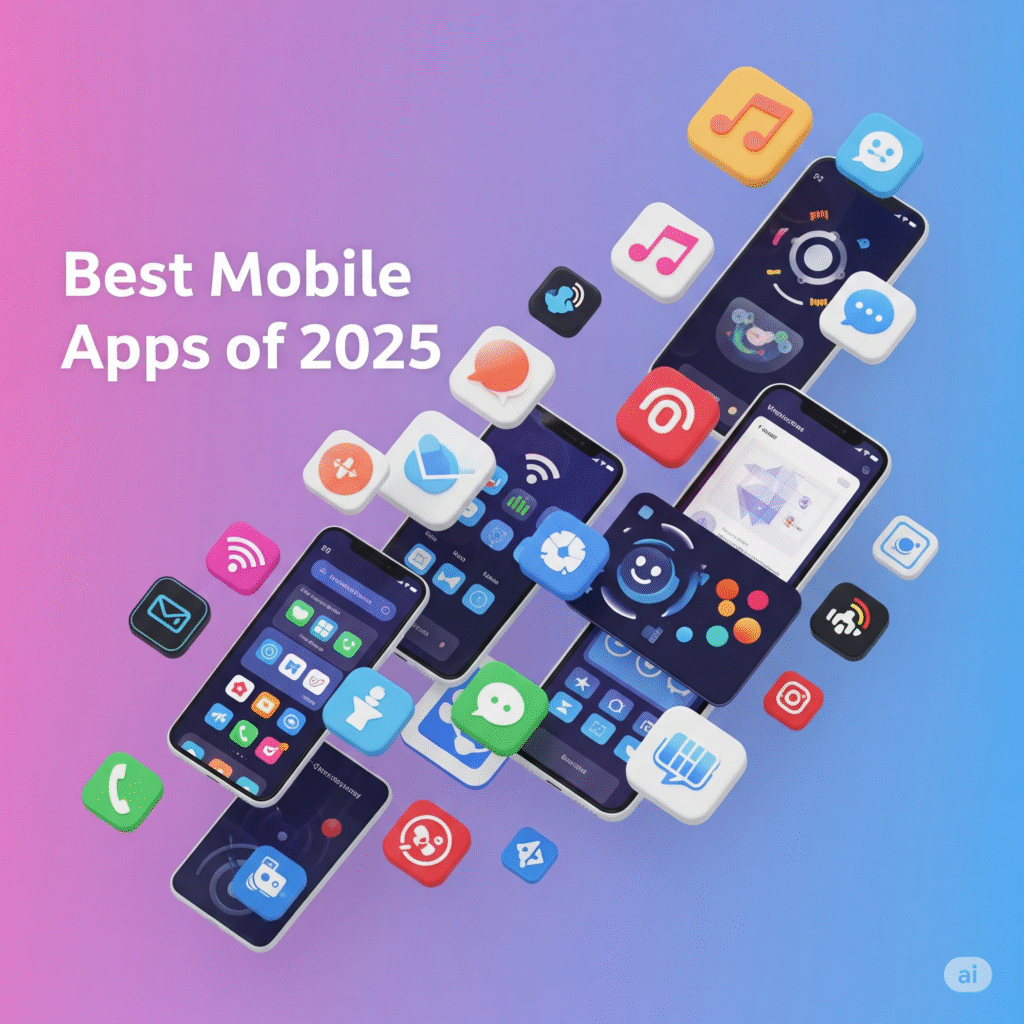AI Health Monitoring Apps: Revolutionizing HealthTech
The emergence of AI health monitoring apps is fundamentally transforming the way we approach healthcare and personal wellness. These innovative applications harness the power of artificial intelligence to provide real-time health insights, making them an indispensable tool in the HealthTech industry. In this article, we will explore the impact of AI on health monitoring, the various types of applications available, and the benefits they offer to users.
Understanding AI Health Monitoring Apps
AI health monitoring apps are digital solutions that leverage machine learning algorithms to analyze health data. These applications can track a range of parameters including heart rate, sleep patterns, and physical activity, providing personalized advice and alerts to users. By integrating AI technology, these apps can recognize patterns and deliver insights that help users manage their health more effectively.
Benefits of AI Health Monitoring
- Real-time Monitoring: AI health monitoring apps provide continuous tracking of vital health metrics, helping users to stay informed about their well-being.
- Personalized Health Recommendations: Through data analysis, these apps can tailor suggestions for diet, exercise, and lifestyle changes based on individual health needs.
- Early Detection of Health Issues: By constantly analyzing data, AI apps can alert users to potential health issues before they become serious, enabling proactive management.
- Enhanced Patient Engagement: With interactive features, users are more likely to engage with their health data, leading to better health outcomes.
Types of AI Health Monitoring Apps
There is a wide range of AI health monitoring apps available, each designed to focus on specific health-related metrics. Here are some common types:
Fitness and Activity Trackers
These apps monitor physical activity levels, encouraging users to reach their fitness goals. They often incorporate features such as step counting, workout tracking, and calorie burn estimation.
Sleep Tracking Applications
AI-enhanced sleep monitoring apps analyze sleep patterns to provide insights that can improve sleep quality. They may offer suggestions for better sleep hygiene based on user data.
Chronic Disease Management Apps
For users with chronic conditions, AI health monitoring apps can track symptoms and medication adherence, providing valuable data to healthcare providers. These apps enable more effective management of conditions like diabetes or hypertension.
Choosing the Right AI Health Monitoring App
Selecting the right AI health monitoring app depends on individual health needs and lifestyle preferences. Here are some factors to consider:
- User Interface: A user-friendly interface ensures that users can easily navigate the app and access important features.
- Integration with Other Devices: Many apps work best when integrated with wearable devices like smartwatches, so consider compatibility.
- Data Privacy and Security: Ensure that the app adheres to strict privacy regulations to protect personal health information.
- User Reviews: Research user feedback on performance and effectiveness before making a choice.
Future of AI Health Monitoring Apps
The future of AI health monitoring apps looks promising as advancements in technology continue to evolve. With the integration of AI and machine learning, these applications will likely become even more sophisticated, providing deeper insights into personal health management.
Furthermore, the ongoing collaboration between tech companies and healthcare providers will enhance the accuracy and reliability of these tools, making them an essential part of preventive healthcare strategies.
Conclusion
AI health monitoring apps are revolutionizing the HealthTech landscape by providing users with the tools needed to take charge of their health. With their ability to deliver real-time data and personalized recommendations, these apps empower users to make informed health choices. As technology continues to advance, looking for innovations in this area will be vital for anyone interested in managing their health effectively.
Enhancing Patient Engagement
AI health monitoring apps play a crucial role in improving patient engagement by providing personalized recommendations and feedback. These applications leverage data analytics to offer insights that empower users to take control of their health. For instance, through real-time monitoring of vital signs and health metrics, patients receive notifications that encourage adherence to medication schedules or remind them about upcoming medical appointments. Such features significantly enhance the overall user experience and help in fostering a proactive approach to health management.
Real-Time Data Analysis
One of the standout features of AI health monitoring apps is their ability to analyze data in real-time. This not only helps in tracking improvements or setbacks but also facilitates timely interventions. For example, if an app detects an anomaly in a patient’s heart rate or glucose levels, it can alert the individual and suggest immediate actions or even notify healthcare providers if necessary. Such functionalities demonstrate the power of AI in transforming conventional healthcare delivery into a more responsive and efficient system.
Integrating AI with Telemedicine
The integration of AI health monitoring apps with telemedicine platforms is revolutionizing how healthcare services are delivered. Patients can now connect with healthcare professionals without the need for physical consultations, particularly beneficial for individuals in remote areas or those with mobility issues. These apps allow doctors to monitor patients continuously, offering a deeper understanding of their health status without frequent in-office visits. This synergy not only optimizes the healthcare experience but also enhances the quality of care received by patients.
Data Security and Privacy in AI Solutions
As with any technology that handles sensitive health information, data security is a paramount concern for AI health monitoring apps. Developers are increasingly prioritizing robust security measures, ensuring that users’ personal health information is encrypted and protected against unauthorized access. Additionally, strict compliance with regulations such as HIPAA is essential for these applications to gain and retain user trust. In doing so, stakeholders in the health tech sector can focus on harnessing the full potential of AI while safeguarding user data.


